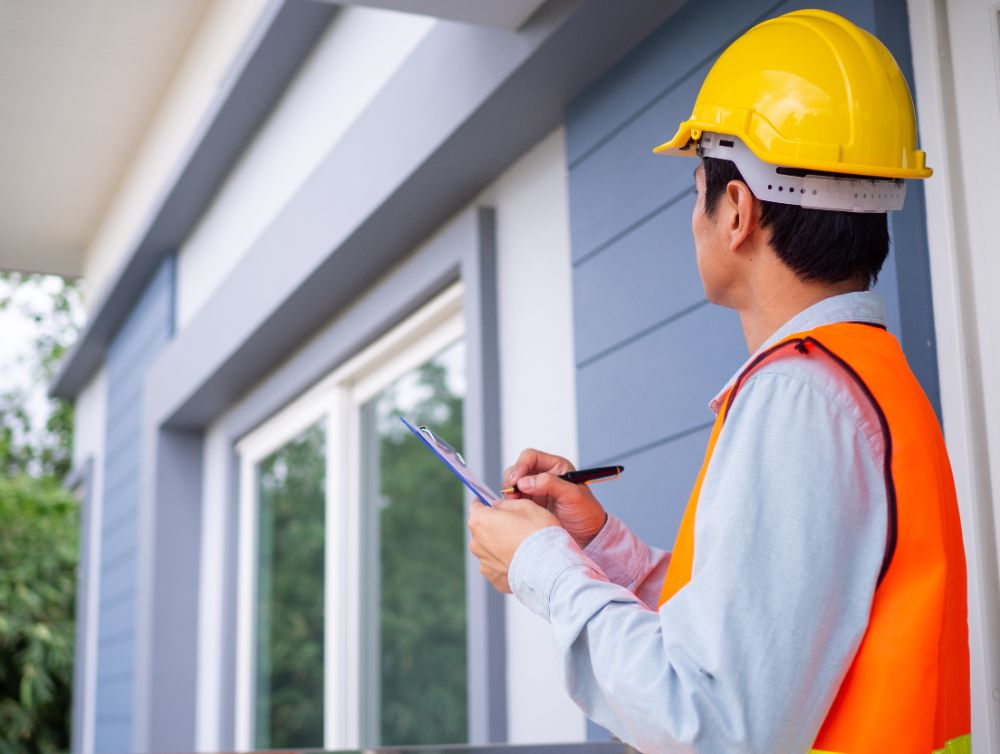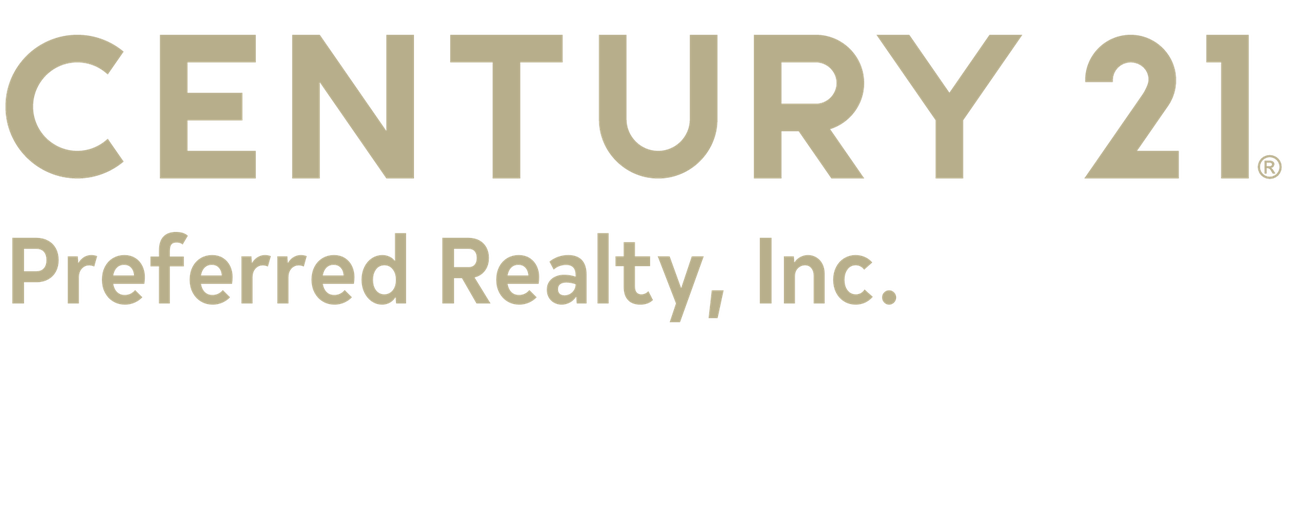- Preventive Maintenance: Regular property inspections allow for the identification of potential issues before they escalate into costly repairs. By addressing minor maintenance needs promptly, NJ property owners can prevent significant damage and deterioration over time.
- Ensuring Safety: Inspections help identify safety hazards such as faulty wiring, structural weaknesses, or fire risks. Addressing these issues promptly ensures the safety of occupants and minimizes the potential for accidents or injuries on the property.
- Compliance with Regulations: Property inspections ensure that the property complies with relevant NJ building codes, NJ zoning laws, and NJ safety regulations. Compliance is crucial to avoid legal liabilities and penalties.
- Preserving Property Value: By maintaining safety and maintenance standards, property owners can preserve the value of their investment. Well-maintained properties are more attractive to tenants and buyers, leading to higher occupancy rates and property values.
- Tenant Satisfaction: Regular inspections demonstrate a commitment to tenant satisfaction by ensuring that the property is safe, comfortable, and well-maintained. Satisfied tenants are more likely to renew leases and recommend the property to others.
- Early Detection of Issues: Inspections allow New Jersey property owners to identify and address issues early, preventing them from escalating into larger, more costly problems. This proactive approach saves time, money, and inconvenience for both property owners and tenants.
- Insurance Requirements: Many insurance policies require regular property inspections to assess risk and determine coverage. Compliance with inspection requirements can help property owners secure adequate insurance coverage in New Jersey and minimize the risk of denied claims.
- Enhancing Property Reputation: Maintaining high safety and maintenance standards enhances the reputation of the property and its management. A well-managed property attracts quality tenants, fosters positive relationships with stakeholders, and contributes to a positive image in the community.



 Facebook
Facebook
 X
X
 Pinterest
Pinterest
 Copy Link
Copy Link

